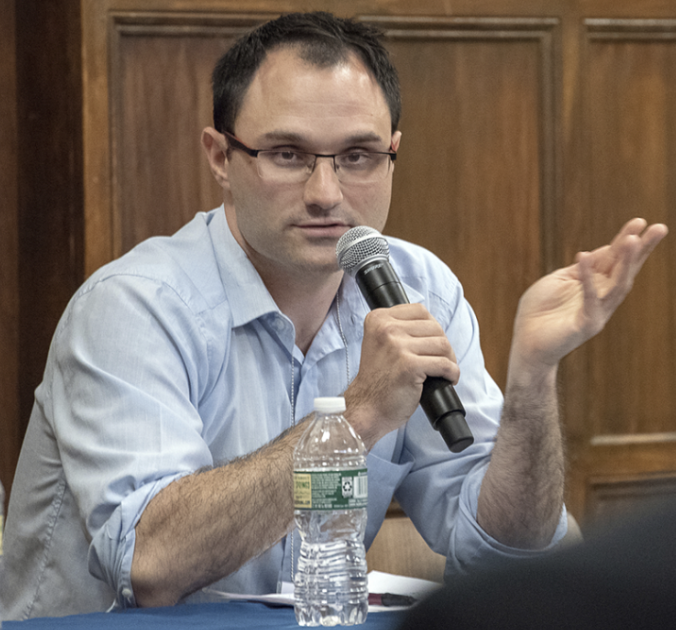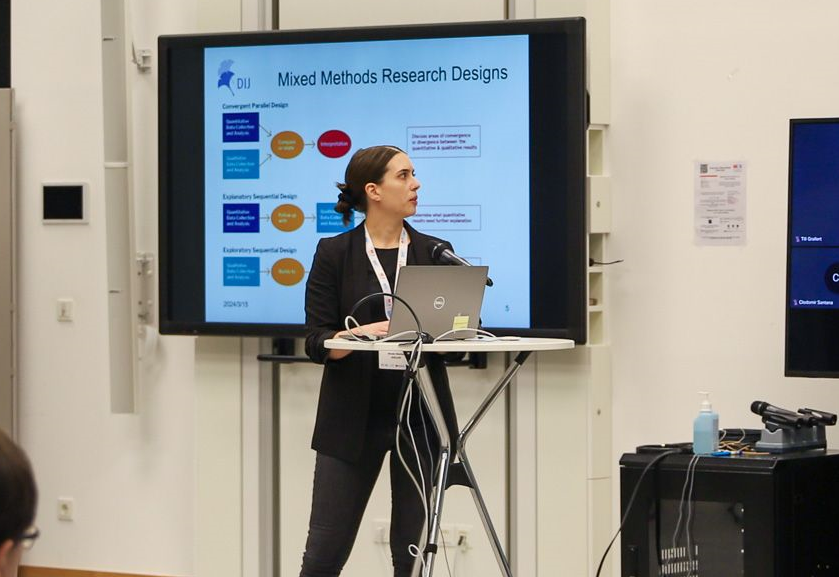Gabor Toth recounts the recent C2Dh conference Exploring Epistemic Virtues and Vices, sharing with us the promises and challenges of doing digital history.

Author: Gabor Mihaly Toth
Gabor Toth is a postdoctoral researcher at the C2DH and member of the DTU board.

In March 2024, the C2DH hosted the annual conference on the digital humanities and digital history, Exploring Epistemic Virtues and Vices: Data, Infrastructures, and Episteme between Collaboration and Exploitation. The themes of this year’s gathering were epistemology and ethics. Participants from all over the world including India, the US, Canada addressed several highly relevant questions:
- What is historical knowledge in the digital age?
- How to construct “true” knowledge and what are truth and evidence in the realm of the digital?
- How does knowledge production work in our modern world?
- How to deal with the uncertainty of information derived from data?
The conference began with two parallel workshops. The first workshop offered an in-depth introduction to the Journal of Digital History. The second workshop discussed the role of eLaboratories in building new types of communities.
The keynote lecture was given by Harald Kümmerle from the German Institute of Japanese Studies. It offered a panoramic view of the epistemological challenges of doing research in Japan.
The second day began with a round table discussion about navigating the paradoxes of digital humanities. This was followed by a session on the importance of transparency in the digital age. The speakers discussed the ethics of collecting and analyzing data, as well as aspects impact of ethical data processing. The day continued with participants learning about how to run digital research ethically and ended with a session on situated knowledge practices.
The final day of the conference ended with a closing session on data colonialism and its consequences discussed by Ian Milligan and Julian Weideman.
The conference gave rise to stimulating discussions and opened new research directions for both the speakers and the audience. The organizers received positive feedback and, as an outcome of the conference, an edited volume will be published later this year.
